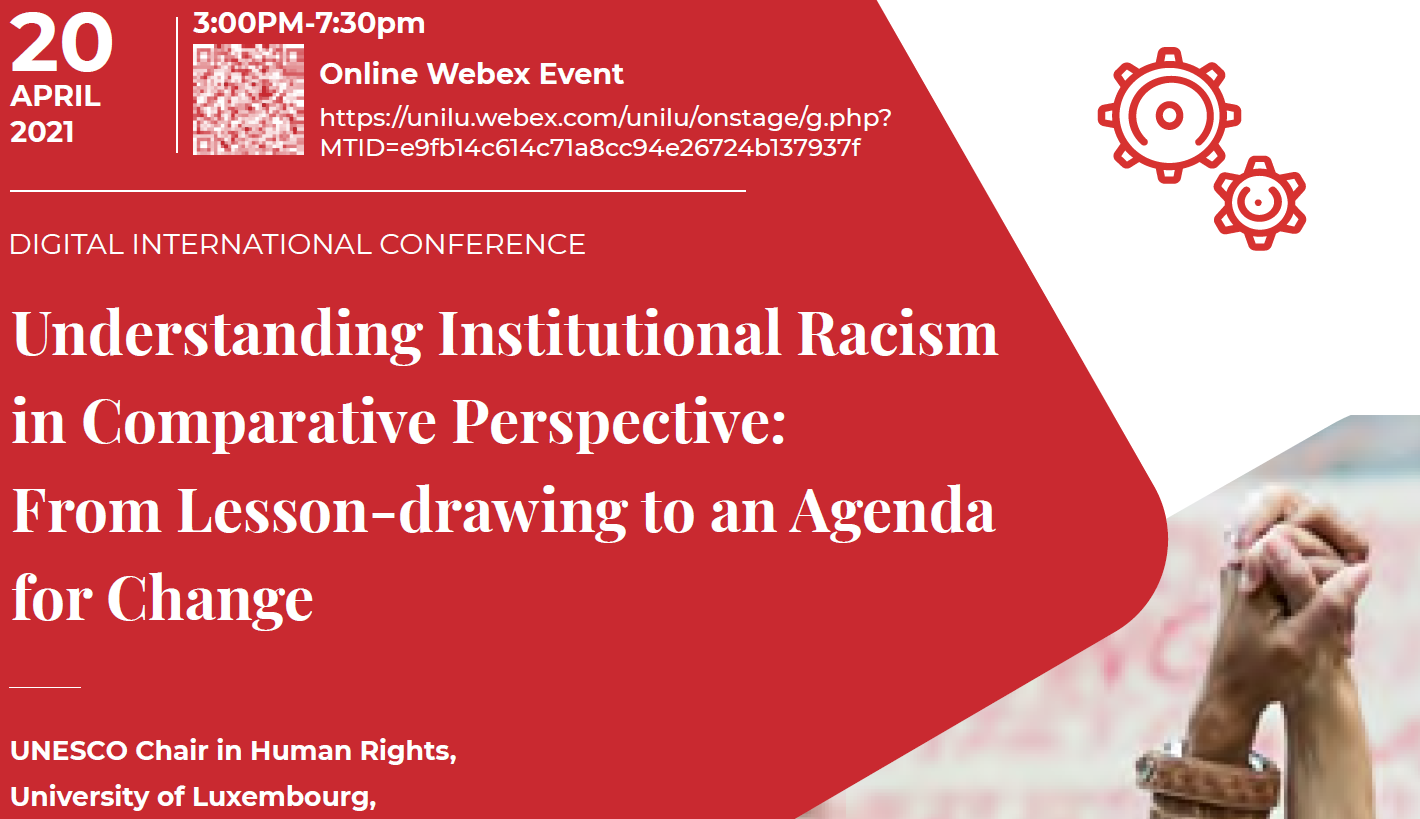The brutal killing of George Floyd by police in Minneapolis in May 2020 triggered a wave of global protests under the emblematic banner of ‘Black Lives Matter’, drawing renewed attention to longstanding issues of racial injustice and inequality both in the United States and internationally. While the US debate inevitably reflects the country’s own particular historical experience of slavery and segregation, the events have also demanded renewed critical reflection on Europe’s colonial past and contemporary realities.
In terms of public policy, the attendant debates and discussions have often focused around the concept of ‘institutional racism’. The term, first seminally used in the American context by Stokely Carmichael (Kwame Ture) and Charles V. Hamilton in their 1967 book Black Power, has in the ensuing decades acquired a much wider international resonance. On this side of the Atlantic, the 1999 UK inquiry into the death Stephen Lawrence, for example, found the existence of a culture of ‘institutional racism’ within the Metropolitan (London) Police, defining the concept in terms that have acquired a broader significance:
Here in Luxembourg, questions of racial discrimination were prominently brought on to the national agenda by a 2018 report of the European Union’s Fundamental Rights Agency surveying the experiences of people of African descent in 12 EU member states and published under the title ‘Black in the EU’. The survey reported comparatively high levels of perceived discrimination in the case of Luxembourg across a range of categories, including instances of racially motivated harassment and conditions shaping access to employment, educational and other opportunities. Following on from the report, the November 2019 conference ‘Being Black in Luxembourg’ provided for an important public airing of issues that have to date received comparatively little national attention.
It is against this background that the present half-day online conference is organised with a view to furthering our national reflection on issues of racial discrimination. Organised by the UNESCO Chair in Human Rights at the University of Luxembourg and the NGO LëtzRiseUP, the conference brings together a number of leading Concept international experts on questions of institutional racism to present their understanding of the problems and the challenges going forward. The presentations will allow both for a deepened understanding of different national experiences and of the transversal lessons that may be drawn across those cases and potentially applied in the context of our own distinctively multicultural society. Our final session will present the conclusions of the ‘Racismes – Comprendre pour Agir’ training workshops held in NovemberDecember 2020 as the first stage of this project. Through our discussions and exchanges, we hope to provide new insight into the issues, frames, and policy instruments necessary to move forward this important national dialogue
